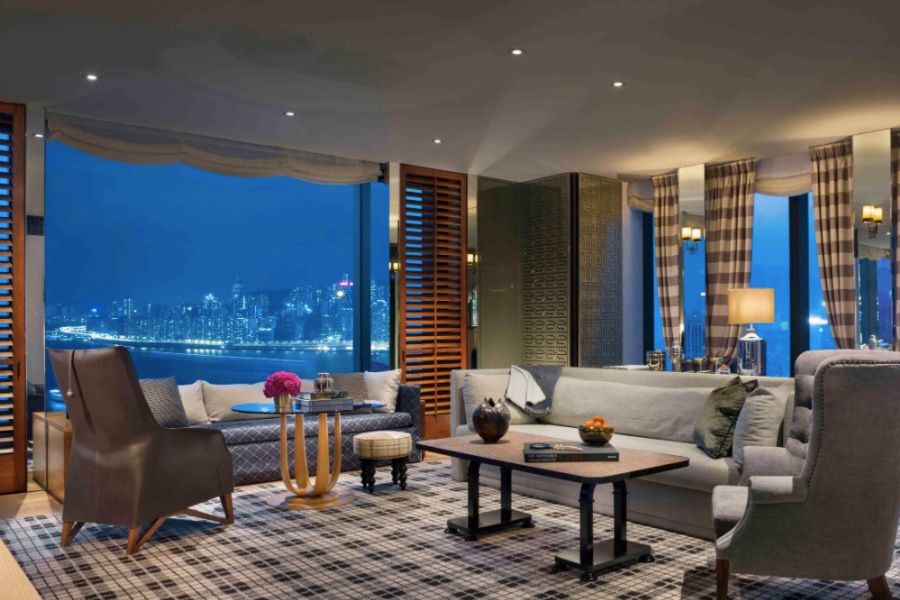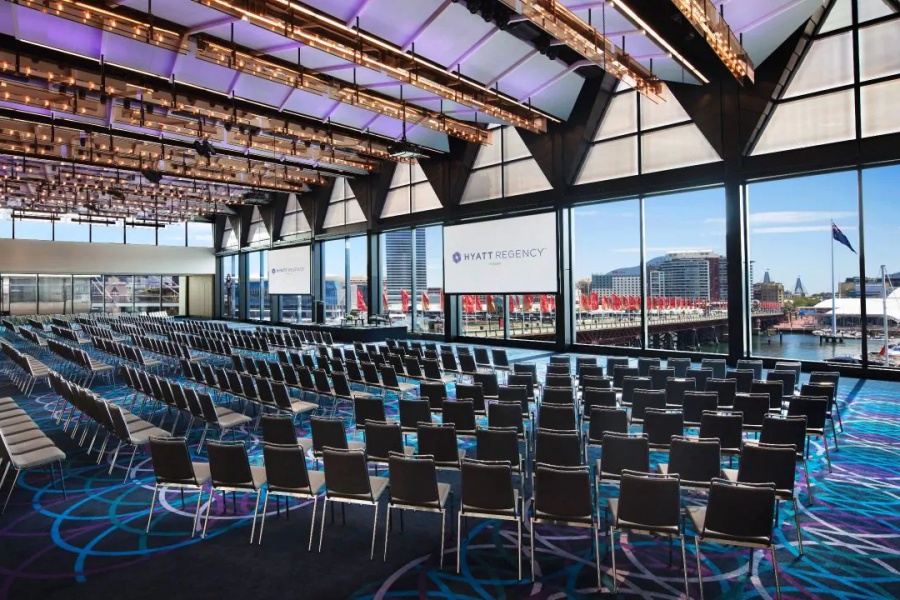A new study by Kalibri Labs and Prism Advisory Group (co-funded by Hilton, PCMA, and NYC & Company) found that about 51% of city-wide conference attendees were identified to be booking through the room block. The remaining 49% were booking accommodation through their own meeting organisers or booking alternate accommodations.
Of the 49%, it was found that 25% of attendees stayed in hotels designated as part of the room block, but did so on their own, thereby not being recognised by the hotels in the room block as being a convention attendee. The remaining attendees chose to stay either in hotels not designated in the room block or booked alternate accommodations, such as Airbnb.
It’s a long-standing conundrum for planners: why do so many attendees opt out of booking through the room block? Through this study, respondents cited three frustrations when booking in room blocks:
- They want to be able to select their room-type and/or room location in the convention hotel
- A lack of availability at their preferred conference hotel, and
- Being unsure they are getting the lowest rate.
Those who opt out of the room block believed they were paying a lower price when booking independently or going with alternative accommodation. However, a significant 63% ended up paying a higher room rate than what they would have paid had they booked in the room block. This group typically pays more by staying at hotels closer to the convention centre or generally booking their accommodation closer to the arrival date.
For those who were booking outside of the room block, they were making their hotel reservations in a similar pattern to the overall population of transient hotel guests, and generally used an online booking channel such as an online travel agency (OTA). The booking channel they choose is likely to be able to provide them with the benefits associated with loyalty programs for things like loyalty points, specific room type selection and room location.
For attendees who were staying in official hotels but preferred to book independently, the top reason they gave was that they believed the organiser rates were more expensive and they weren’t able to enter their loyalty number when booking.
Ultimately, most city-wide convention attendees prefer an experience that is a blend of taking convention organiser suggestions and customising their own experience. Attendees who are most likely to want to customise their experiences are younger, below the age of 40. Generally, younger attendees are more likely to use alternative accommodations and less likely to book in a hotel within the block.
Historically, measuring the economic impact of a city-wide convention on a city has been done through actual room nights booked through hotels that are officially listed in the room block. While this number can be easily verified, many city-wide convention attendees often do not book their hotel rooms through the room block but rather secure alternate accommodations, thus making it difficult to accurately quantify the true economic impact.
For information on sample size and methodology, see the full report here.











